My daughter, Kate, has Down syndrome. We found out hours after she was born, hours after we thought she was not going to survive, because she could not breathe on her own.
Today she is thriving. She goes to an early childhood learning center with typical peers, beats up on her siblings, and torments the dogs. Kate may have Down syndrome but she is a child at heart. She understands right from wrong and even gets time outs when she misbehaves.
Her condition has given us insight into navigating the labyrinth of medical and therapy appointments within eight different divisions. We may not be experts in her condition, but we are experts on Kate. We feel like we are a part of her care team because of the collaboration forged between us and her medical experts.
We’ve learned a lot about Down syndrome along the way, including that there are a lot of misconceptions about it. Because of this, I’d like to share 10 things you may not know about the condition.
10 Things I Want You To know About Down Syndrome
1. People with Down syndrome can live well into and beyond their 60s. A generation ago, they were only expected to live to 25.
2. It is caused by the presence of a third copy of the 21st chromosome. This makes them a little extra ordinary, having 47 chromosomes instead of 46 (23 from each parent).
3. Humans are the only known species that can survive this genetic anomaly
4. People have or are diagnosed with Down syndrome. Saying a person has “Downs” is incorrect.
5. People with the condition are capable of doing many things. Some own their own business, play musical instruments, run marathons or become actors/actresses.
6. The word “retarded” has been banned in medical writings since 2016. It’s outdated and hurtful.
7. People with Down syndrome are not always happy. An extra chromosome does not equate to extra happiness. Trust me, they can be just as stubborn and temperamental as anyone else.
8. It is the most common genetic condition. In the United States, around one in 700 babies is born with Down syndrome each year.
 9. Divorce rates of couples who have a child with Down syndrome are not statistically different from couples who do not. In my personal experience, it makes families stronger!
9. Divorce rates of couples who have a child with Down syndrome are not statistically different from couples who do not. In my personal experience, it makes families stronger!
10. People with Down syndrome understand what you are saying to them and about them. They have the same hopes and dreams in life as you and me. Building stronger work and learning environments can happen through inclusion – for all special needs.
I am incredibly proud of Kate and am excited to see what life brings for her in the decades ahead. It is through the voice of educating others about Down syndrome that I hope to continue bringing awareness and understanding to the condition. Having a disability means being different in ability, not inability. Please share this post to help me dispel some of the misconceptions and lesser-known facts about Down syndrome.
To learn more about our Thomas Center for Down Syndrome Services, please visit our webpage or call 513-636-4611

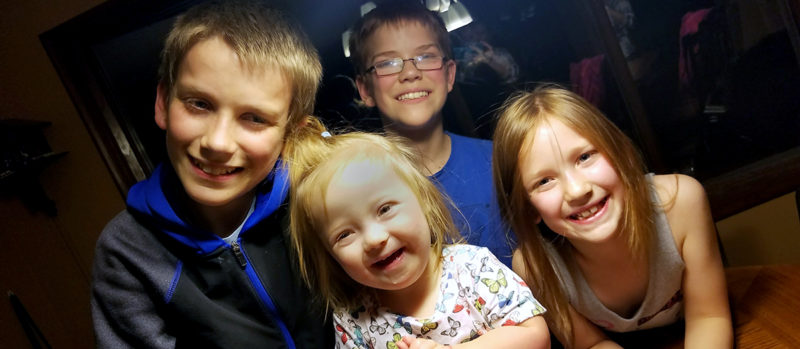
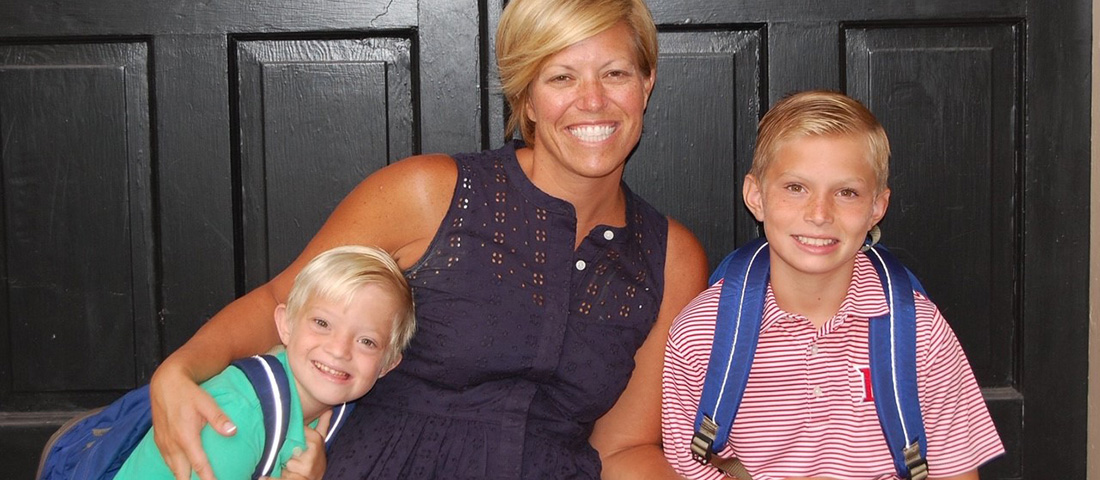
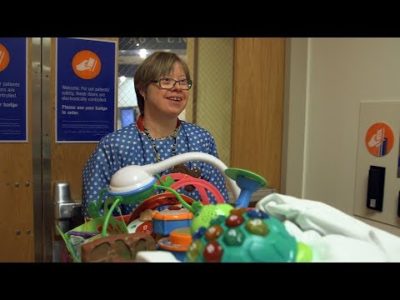
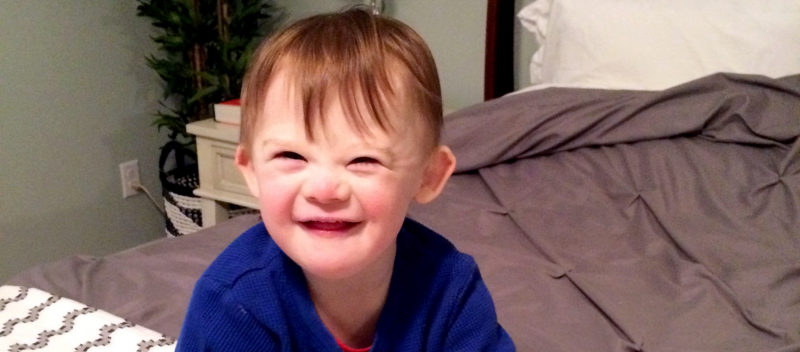
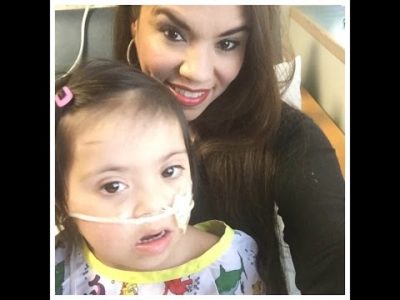
So glad you are educating us on Down Syndrom. Though I have no children, I have always loved these children. I know they are wonderful, thoughtful and loving. Keep teaching us. It will make a difference.